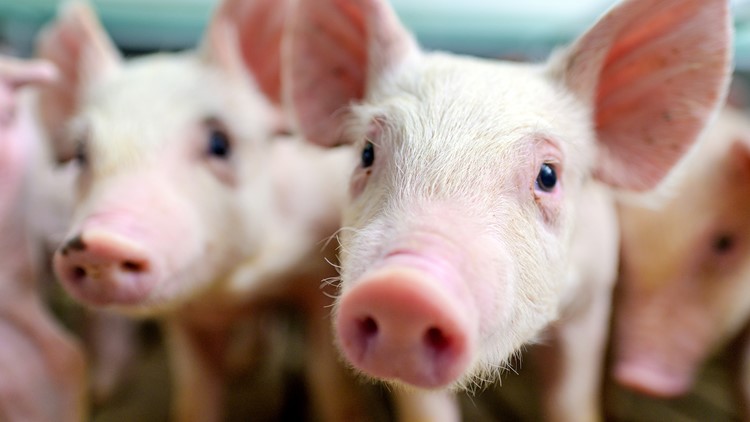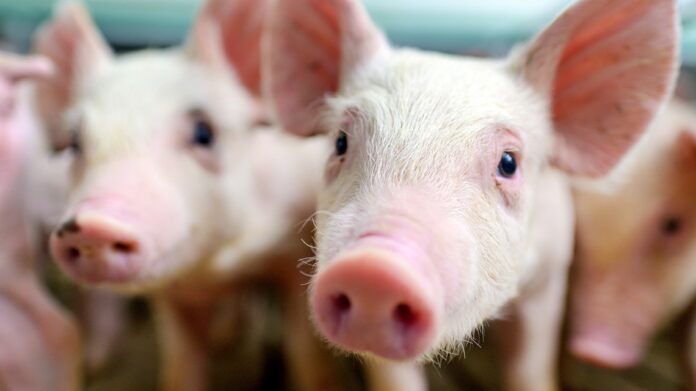
Though there’s no threat to humans, they can unknowingly spread the disease. Here’s what to know ahead of your summer plans.
SAN FRANCISCO — As spring and summer vacations approach, the U.S. Department of Agriculture is urging travelers to not pack pork products when traveling due to ongoing worries about African Swine Fever.
The alert is for people traveling to and from the U.S. mainland, Puerto Rico and/or the U.S. Virgin Islands as the USDA implemented a protection zone around the islands to prevent the spread of the highly contagious disease.
The USDA Animal and Plant Health Inspection Service says humans cannot get infected with ASF, but people traveling may encounter pigs or carry infected pork products and unknowingly spread the disease.
“Although it is not a direct threat to human health, its deadly nature in swine could result in pork product shortages, disruptions to trade, and economic impacts,” their website says. “There is no treatment or vaccine so the best way to protect pigs is by prevention.”
Traveling in the U.S. with meat is usually allowed in some capacities, according to the Transportation Security Administration, but now all pork is banned. This includes, but is not limited to fresh pork and other pork products, and homemade products containing pork, according to the USDA.
The disease has never been reported in the United States, but the recent reintroduction of ASF in the Dominican Republic and Haiti poses a “serious threat to our pork industry,” according to the U.S. Customs and Border Protection.
The disease can have a 100% fatality rate in infected swine and the only known way to treat it is to “depopulate all affected and exposed pigs,” according to the USDA.



